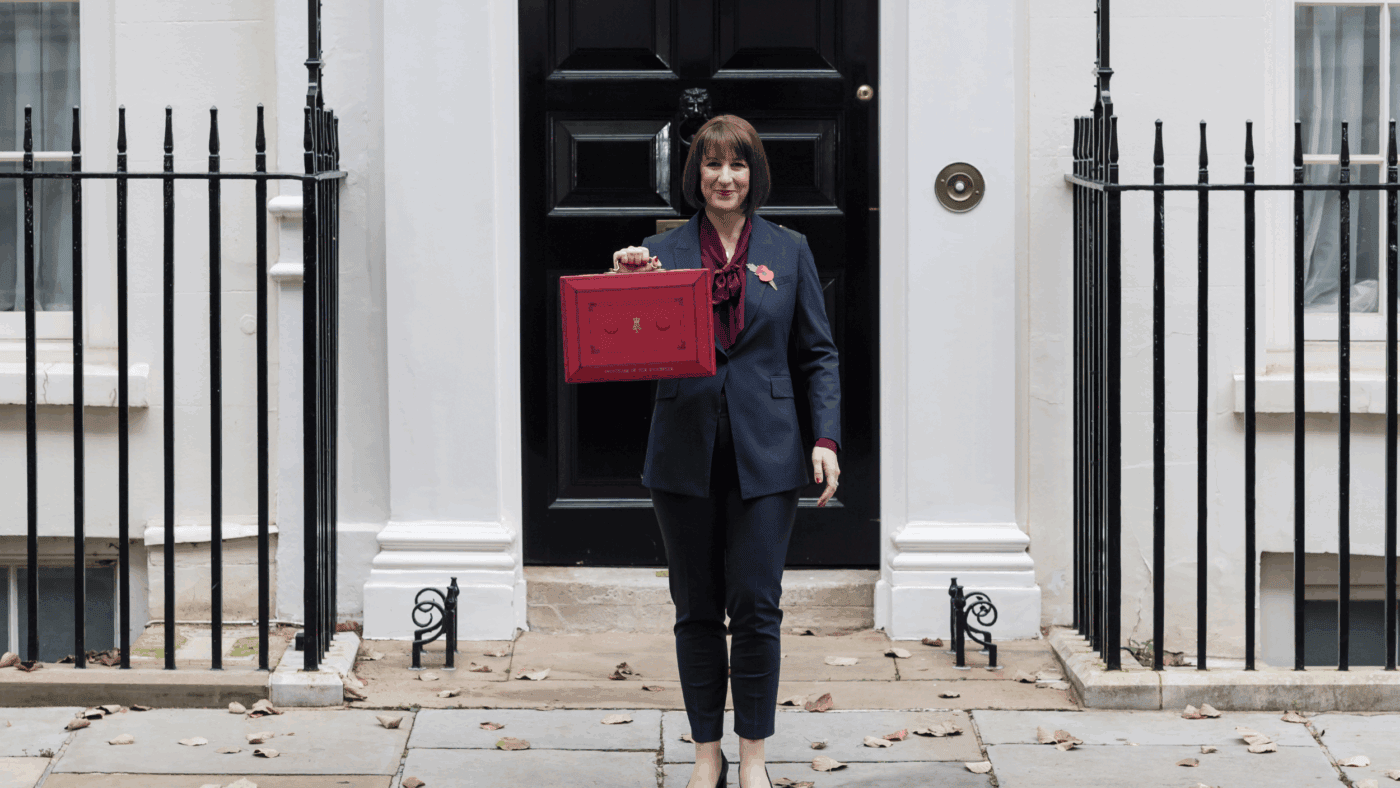8 August 2025

Wiktor Szymanowicz/Future Publishing via Getty Images
Wiktor Szymanowicz/Future Publishing via Getty Images
This article is the latest in a fortnightly series of policy proposals from John Penrose and the Centre for Small State Conservatives. You can read the previous instalments here:
- Only Thatcher-sized reforms will end Britain’s malaise
- Britain’s benefits system is unfair for all involved
- Labour’s change to Ofwat doesn’t hold water
.
American political strategist James Carville wryly observed that, rather than being reincarnated as US President or the Pope, he wanted to come back as the bond market because it can intimidate anybody.
The hard truth behind his quip is the reason why every British Chancellor since Gordon Brown has set out ‘fiscal rules’ to reassure the City that they will be prudent holders of the nation’s credit card. And with Britain’s national debt higher than it’s been for decades, the credibility of those rules is the only thing standing between Rachel Reeves and the career-ending humiliation of a sterling crisis, or even a 1970’s-style IMF bailout.
The problem is that almost thirty years of fiscal rules have created a slow ratchet away from sound money and towards bigger governments. Every new Chancellor discovers their predecessor spent up to whatever limit their previous fiscal rules allowed, leaving no spare cash for whatever they want to do next. Some Chancellors respond with spending cuts to give themselves some budget headroom, while others introduce tax rises, but they all minimise the political pain and difficulty by issuing a new set of slightly-looser fiscal rules which let them spend more taxpayers’ money on whatever they want.
After thirty years of this slow but relentless loosening, we’ve painted ourselves into an increasingly-tiny and absurd economic corner. Rachel Reeves isn’t even promising to get the Government’s finances under sustainable control until after the next general election, for goodness sake. Even if the bond markets will cut us a bit more economic slack for a few more clicks of the ratchet, taxpayers and employers are already paying a heavy price for these ever-bigger governments in spiralling debt interest costs, higher taxes and slower growth.
Our huge national debt and ageing population mean no UK government can simply abandon fiscal rules entirely. So if we’re stuck with them, how can we fix the ratchet to deliver sustainable budgets and faster growth instead?
Step one is to follow the ‘golden rule’ of sustainable government finances, by only borrowing to invest in building new infrastructure which can be used by future generations, rather than to fund day-to-day spending instead. The small-but-welcome bit of good news is that this golden rule is already embedded in Rachel Reeves’ current approach, but only as a ‘jam tomorrow’ promise to be achieved after the next general election in 2029-30.
Step two is to control the red tape costs of any new laws and quango-imposed regulations by including them in the fiscal rules, so we treat them as seriously as traditional government spending for the first time ever. As I outlined in CapX last April, every pound of red tape costs has similar effects on our economy as an extra pound of tax, so finding cheaper, more digital and less bureaucratic ways to deliver unchanged quality standards for our housing, businesses, workplaces and countryside would mean faster economic growth at zero cost to taxpayers.
Step three is to control the huge and currently-hidden long term IOUs we’re handing future generations of taxpayers to look after our ageing population, by including the costs in the fiscal rules for the first time too. An article in CapX last October explains this would mean publishing annual government balance sheets of Taxpayer Net Worth, with a commitment to cut the net liabilities by a minimum amount each year until they are gone.
Step four would halt the slow ratchet away from sound money, by embedding these new fiscal rules in an Act of Parliament so they become legally binding and can only be changed with Parliament’s consent. There would be built-in stabilisers to cope with recessions or emergencies like pandemics or wars, but otherwise these much stronger and permanently-stable controls would cut the costs and risky uncertainties of investing in Britain. In a single stroke, they’d hugely improve our reputation as a safe, stable, commercially-attractive place for jobs, investment, wealth-creation and business growth.
Last but not least, the new rules would make the Office for Budget Responsibility’s job simpler, easier and smaller, because they would only have to sign off the Budget’s effect on next year’s government finances instead of making politically-fraught and much more difficult long-term economic forecasts instead.
If we lock in sound money forever, Britain’s jobs, investment and exports will all grow faster. And James Carville will be able to stop worrying what he might come back as in his next life too.
– the best pieces from CapX and across the web.
CapX depends on the generosity of its readers. If you value what we do, please consider making a donation.
Columns are the author’s own opinion and do not necessarily reflect the views of CapX.










